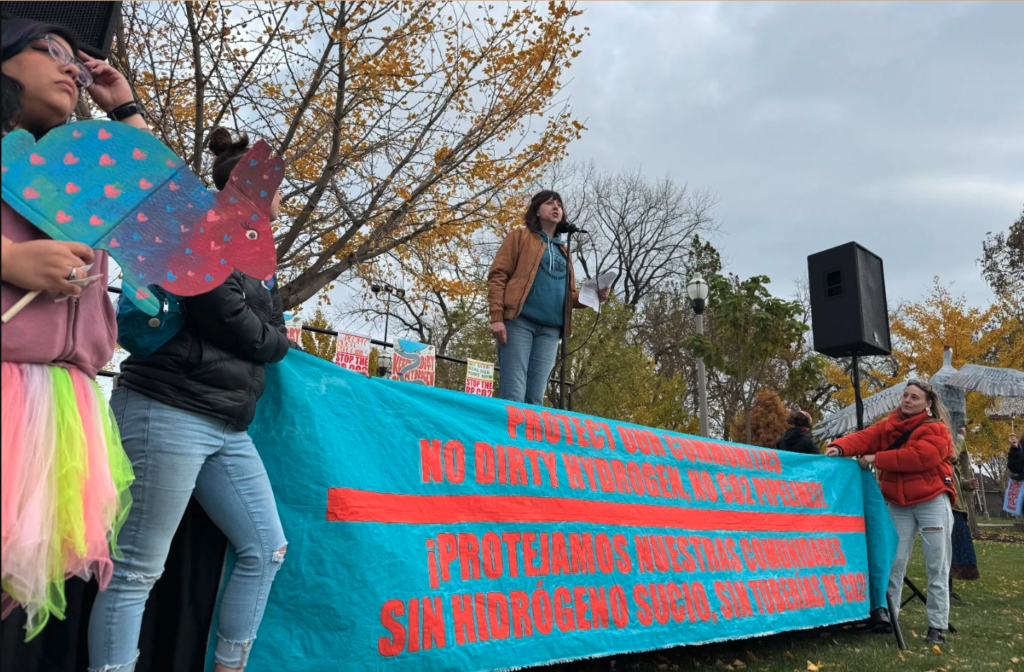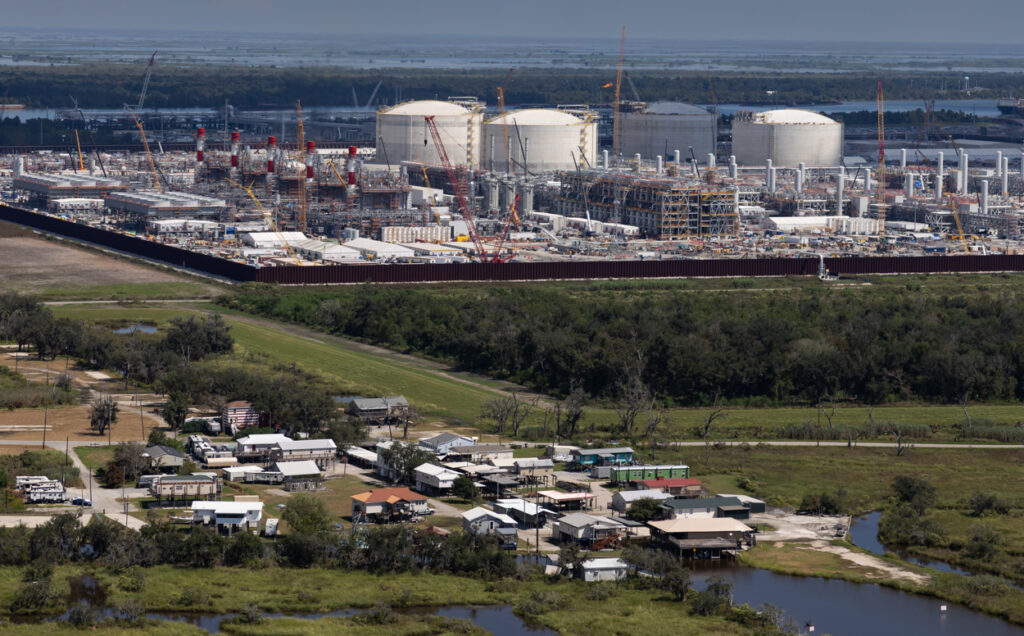Andy Revkin’s revelations over the weekend about the botched media relations strategy deployed by the head of the Intergovernmental Panel on Climate Change, Rajendra Pachauri, demonstrate that the IPCC has failed to learn from its recent missteps in managing public communications.
If you don’t have anything to hide, don’t act as if you do.
Being thrust into the media spotlight and subjected to sudden intense scrutiny can rattle any organization, and the IPCC is hardly the first institution to be accused of resorting to a “bunker mentality” and evading media inquiries. But, as Revkin points out correctly, sheltering yourself from the press is bound to backfire, creating more skepticism about your activities when you should really focus on explaining your work more clearly and operating with greater transparency.
For an organization like the IPCC – which has been accused of holding information too closely to its chest – to send an open letter advising its lead authors and editors to “keep a distance from the media” demonstrates PR mismanagement at its worst. It reinforces the perception that IPCC leadership doesn’t really know what it is doing.
That’s unfortunate because the IPCC has reportedly been spending a lot of time internally reviewing its operations to increase transparency. But this memo doesn’t help demonstrate that fact, by a long shot.
While Dr. Pachauri’s email exchange with Andy Revkin goes a long way to clarify what the IPCC really meant by its internal memo, the damage was already done.
Whether you are an individual, a corporation or an international organization representing thousands of climate scientists, the basic rules of public relations still apply.
When you’ve been accused of lacking transparency, the last thing you want to do is increase the secrecy of your operations. The IPCC’s internal memo about avoiding the media sends the wrong message, suggesting (falsely) that the international collective of climate scientists is hiding something. (As five recent investigations have concluded, the science underpinning the IPCC’s consensus reports about climate change is entirely sound, and its warnings must be heeded immediately to avert dangerous climate disruption.)
When you are in the limelight facing such nefarious accusations, the best advice is to be as honest and open as possible, and to make sure you have a number of trusted people around you to take a look at your letters and other communications to ensure they are clearly written, reducing the chances that your message might be misunderstood.
Many organizations appoint a designated spokesman to ensure their communications are clearly delivered by someone who regularly interacts with the media. That’s not always possible, as perhaps is the case with the IPCC, an intergovernmental scientific body comprised of individuals spread out across the globe in over 130 countries.
But that’s no excuse for trying to hide everyone in the bunker.
Nobody likes to be misunderstood. It is hard enough to gain credibility and generate a reputation of honesty and integrity. Effective public relations is all about being mindful of the simple things that make us good communicators. Taking the time to review communications for clarity is worth the added effort.
Otherwise, you might find yourself worse off than you were already.
Subscribe to our newsletter
Stay up to date with DeSmog news and alerts






